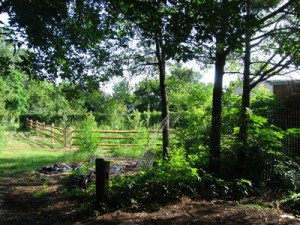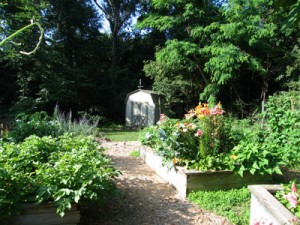Lughnasa Waxing Harvest Moon
Another day spent happily with my nose in The Contested Enlightenment, parsing out threads of intellectual history that I can then weave together into a new tale, one that clarifies liberalism in the United States today and, also, the place Unitarian-Universalism, a liberal faith, has in that larger context.
Liberalism proceeds from three high-powered engines: reason, liberty and individualism. It is the individual who is central in liberalism in all its forms and liberty creates the protected space around the person that ensures expression of their individuality. The source of the break away from the old monarchical, aristocratic, traditional and ecclesiastical authority lay in a newly aroused faith in the ability of human reason as the key to truth. Logic, evidence, skepticism and radical investigation of such matters as revelation, the divine right of kings, the feudal caste structure, and precedent peeled away their nakedness. They simply did not make sense.
The enlightenment itself stands for the light of reason casting off the darkness of the ancien regime. Its roots lay in the new empirical methods of Galileo, Copernicus, Francis Bacon. These men and their brethren advanced the now commonplace notion that one must gather evidence, data from the world before making a conclusion about scientific fact. Thus, consulting a theological or scholastic assumption of human priority in the great chain of being and using that conclusion to place the earth in the center of the solar system, indeed, the universe might well be true, but if it is true then data gathered from telescopes and manipulated through mathematical formula should confirm it. If they don’t, and they didn’t, it is the traditional conclusion that gets shelved among yesterday’s ideas.
Further back in time even than the emergence of early science and the philosophical work of Descartes and Spinoza, however, was critical work, for liberalism at any rate, by Petrarch and his humanist buddies, the development of a nascent individualism, a notion of the worth of the person and their unique qualities.


